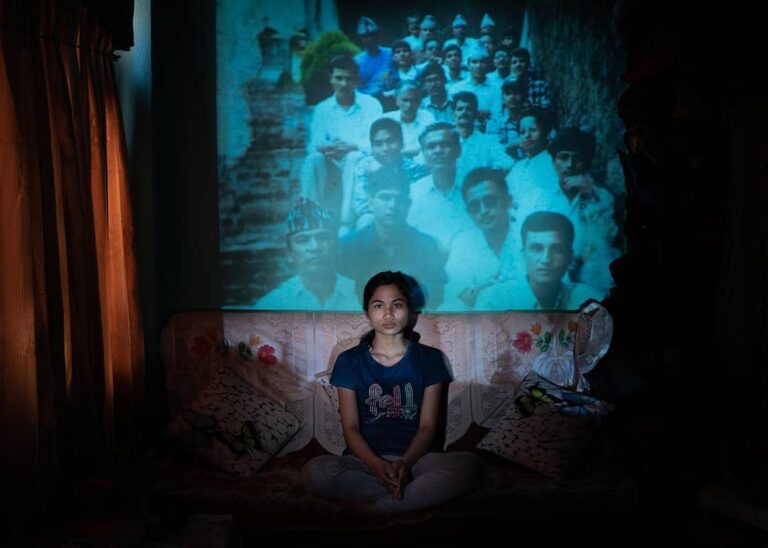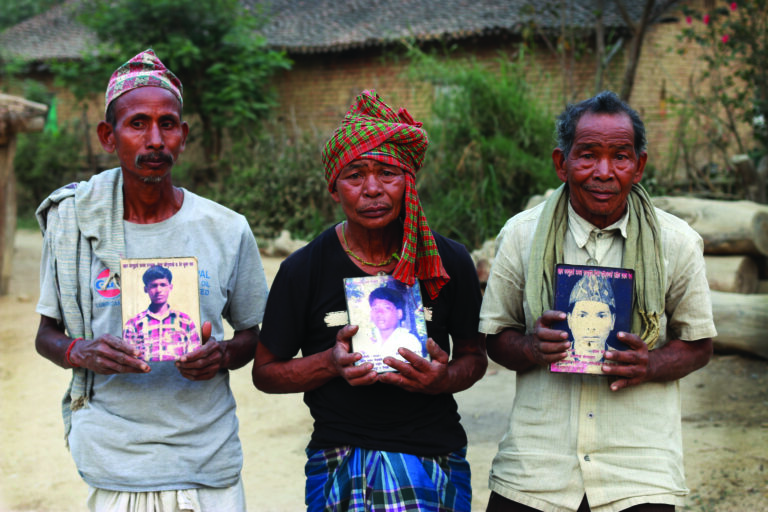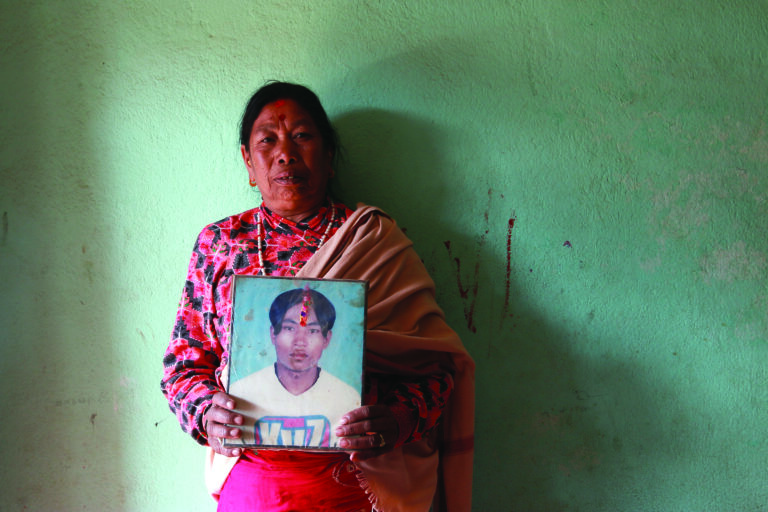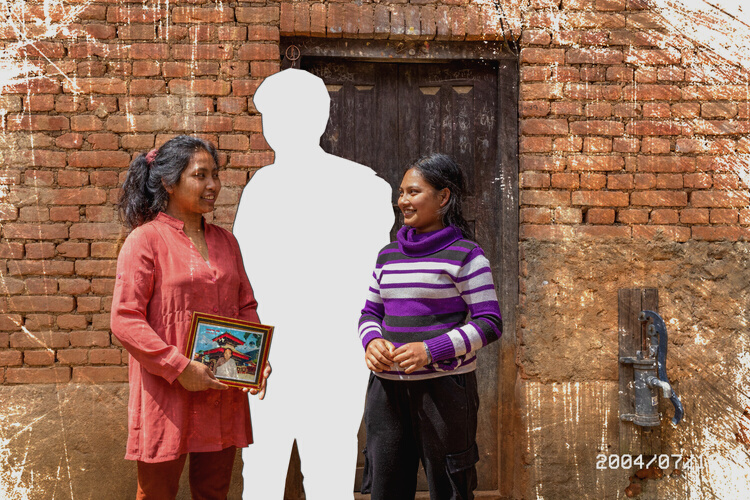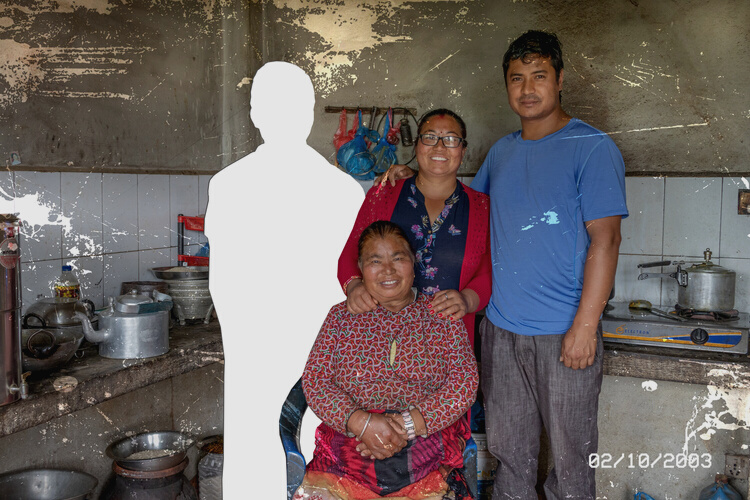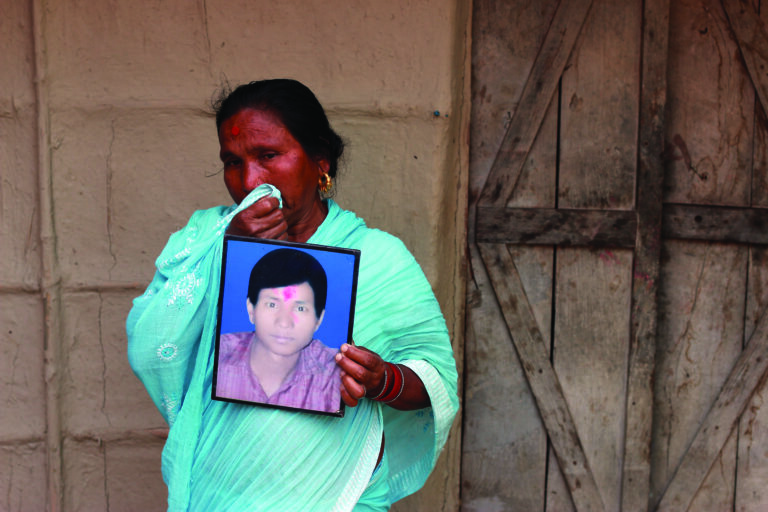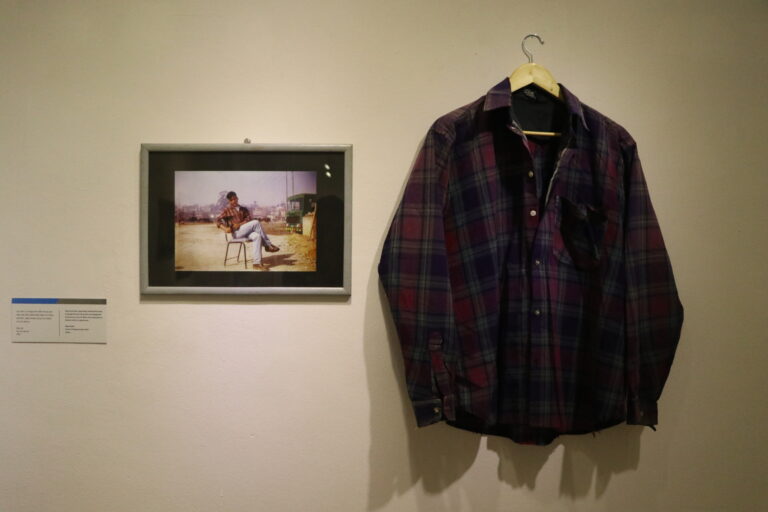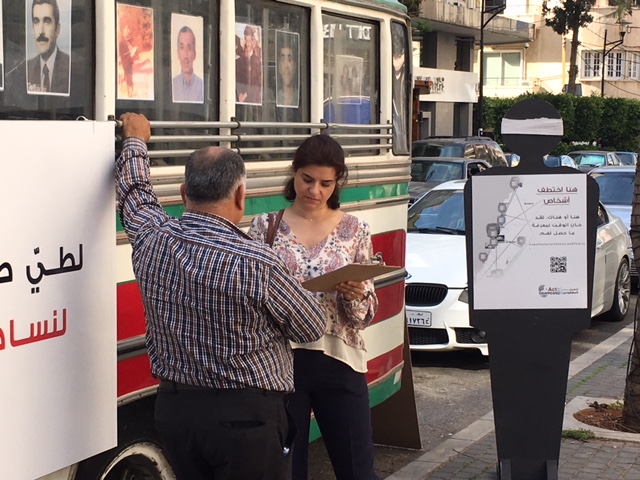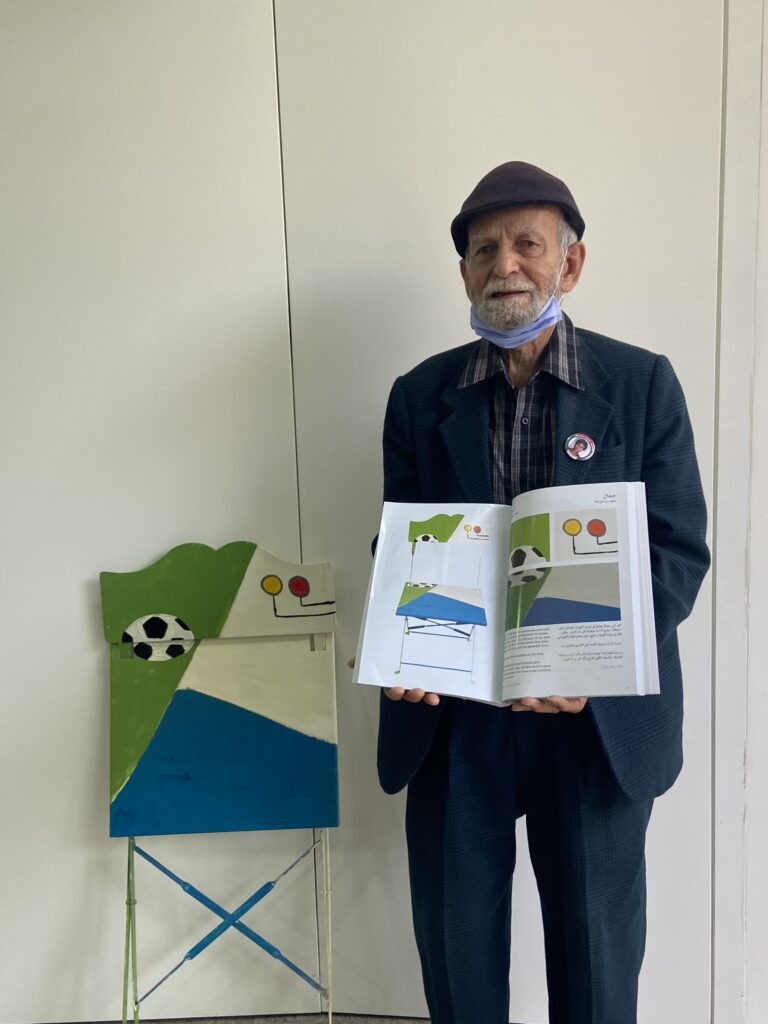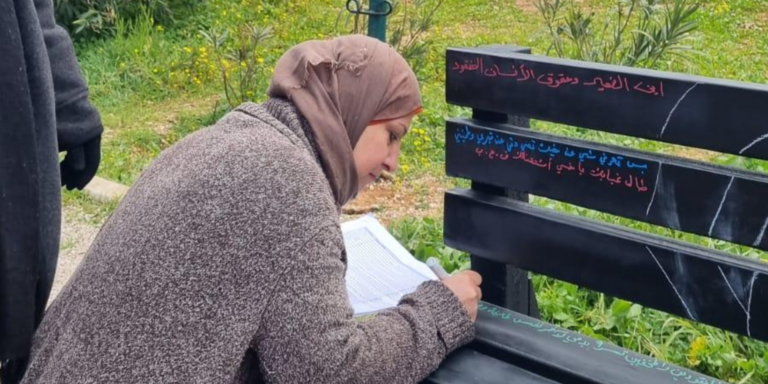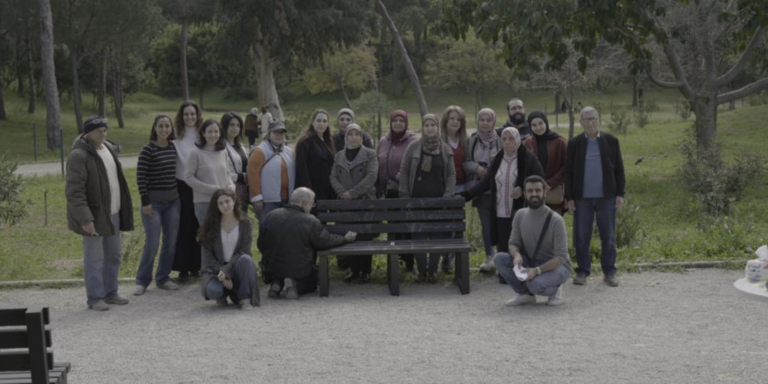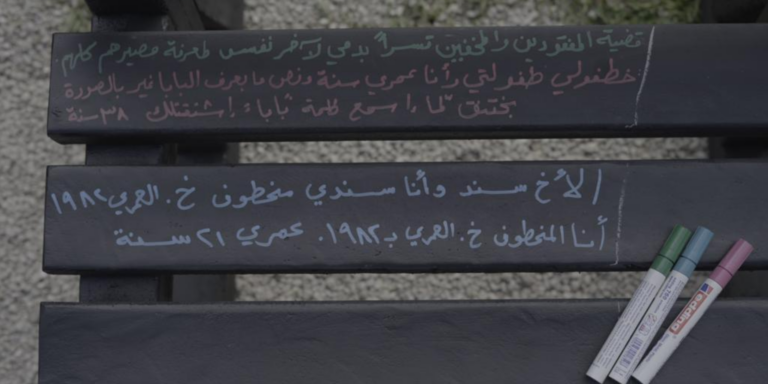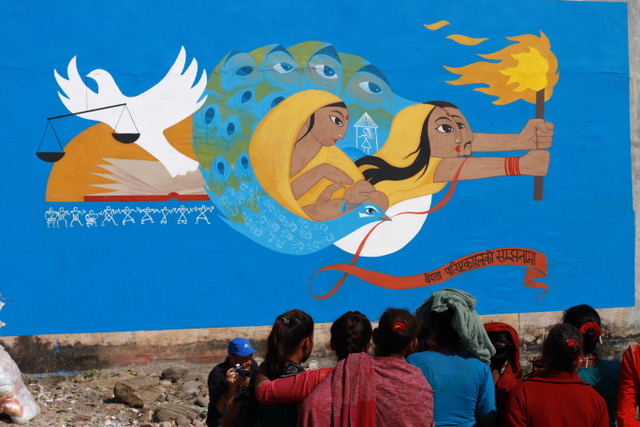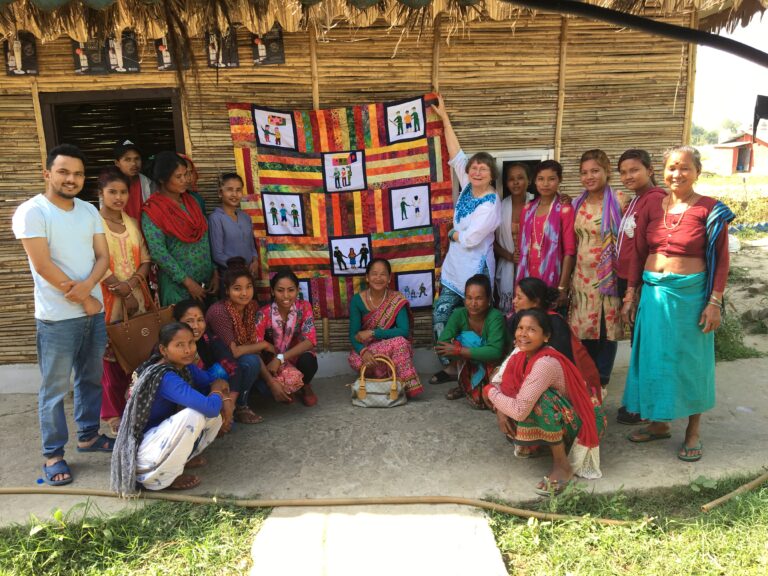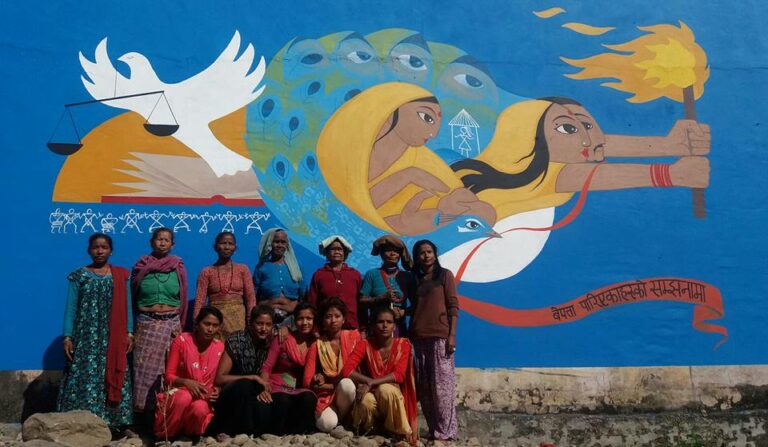Memorializing the Missing
Since 1980, the United Nations Working Group on Enforced or Involuntary Disappearances has recorded more than 59,000 cases of enforced disappearances across 110 countries. While forensics investigations that identify the missing are crucial to justice and accountability, they can take decades to complete and are often dependent on political will.
Memorialization can be an effective means of supporting families alongside or in advance of such investigations – providing them with opportunities to share their experiences with other survivors, honor their missing loved ones and advocate for truth and justice. Below are a few recent examples of such projects supported by GIJTR and its partners.
